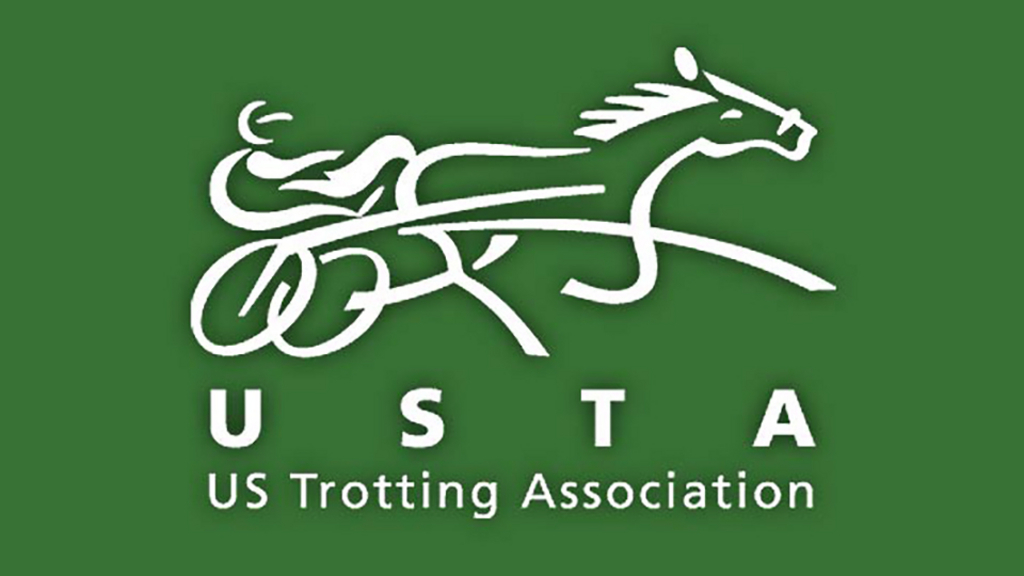
The United States Trotting Association (USTA), in conjunction with the Ohio Harness Horsemen’s Association, Standardbred Breeders and Owners Association of New Jersey, and the Standardbred Owners Association of New York, have agreed to fund a research project with the Sports Medicine Research & Testing Laboratory (SMRTL), one of two United States Anti-Doping Agency labs that does research and testing in the area of human sports for the World Anti-Doping Agency. The research will seek out legally defensible extraction methodologies for a variety of modified erythropoietin (EPO) biosimilars.
USTA Harness Racing Medication Collaborative (HRMC) Chairman Joe Faraldo, who is hopeful that other concerned horsemen’s associations will join in supporting the study, brought the proposal forward from HRMC member Dr. George Maylin, the head of the New York State Drug Testing and Research program.
“The USTA is pleased to be a leader in the forefront of this initiative in equine research,” said Russell Williams, USTA President, when making the announcement. “The United States Anti-Doping Agency (USADA) was the original agency the Horseracing Integrity and Safety Authority (HISA) planned to have administer their anti-doping and medications control program before the two could not come to a financial agreement.”
USADA, which is the official anti-doping organization for all Olympic, Pan American and Parapan American sport in the United States and is the administrator of the UFC Anti-Doping program, utilizes Sports Medicine Research & Testing Laboratory to conduct its testing.
“For the first time in our study, the Sports Medicine Research & Testing Laboratory will apply its existing science and research to horses,” added Williams.
“Harness racing is entering into a comprehensive testing and anti-doping program along with other international, national and professional organizations, including Olympic, collegiate, professional sports leagues, and federal and state departments,” said Williams. “The USTA is excited to join in this study that will help us address the issues involved with the use of illicit performance-enhancing drugs in harness racing.”
This work, Faraldo said, “is promised within three to six months after the first samples are made available for analysis.”
Research and testing will be done at the SMRTL lab in Jordan, Utah and will be conducted by Daniel Eichner (PhD), President of SMRTL, and his associates Geoffrey D. Miller (PhD) and Chad Moore (PhD).
(USTA)

